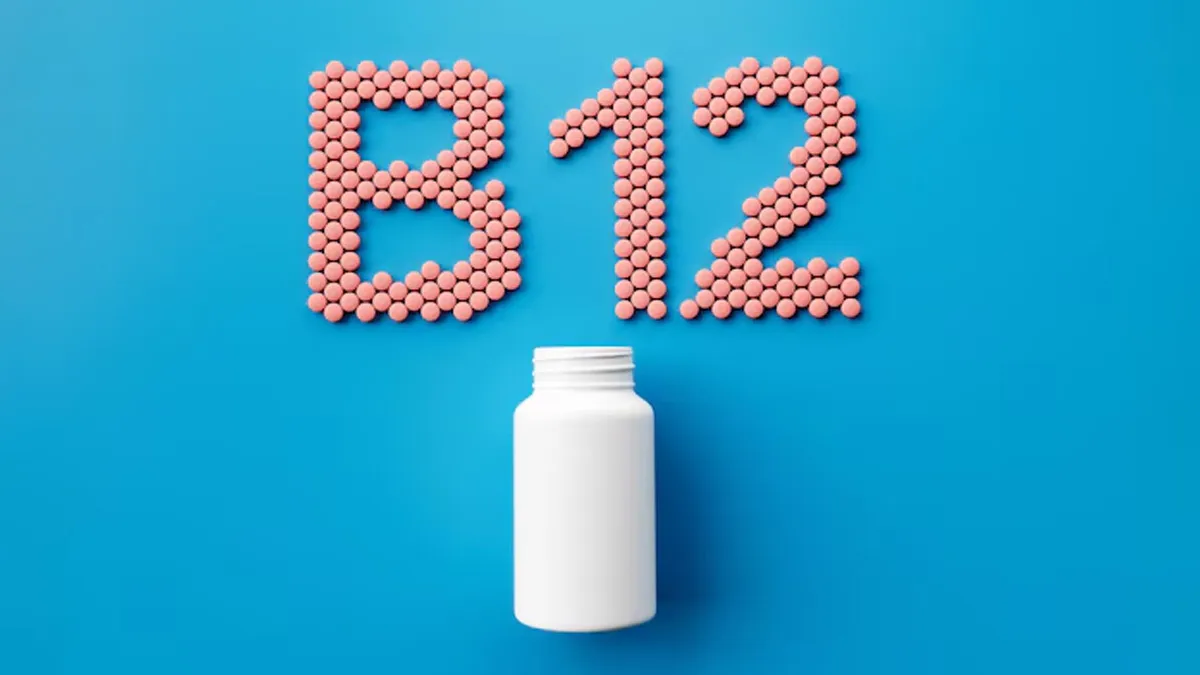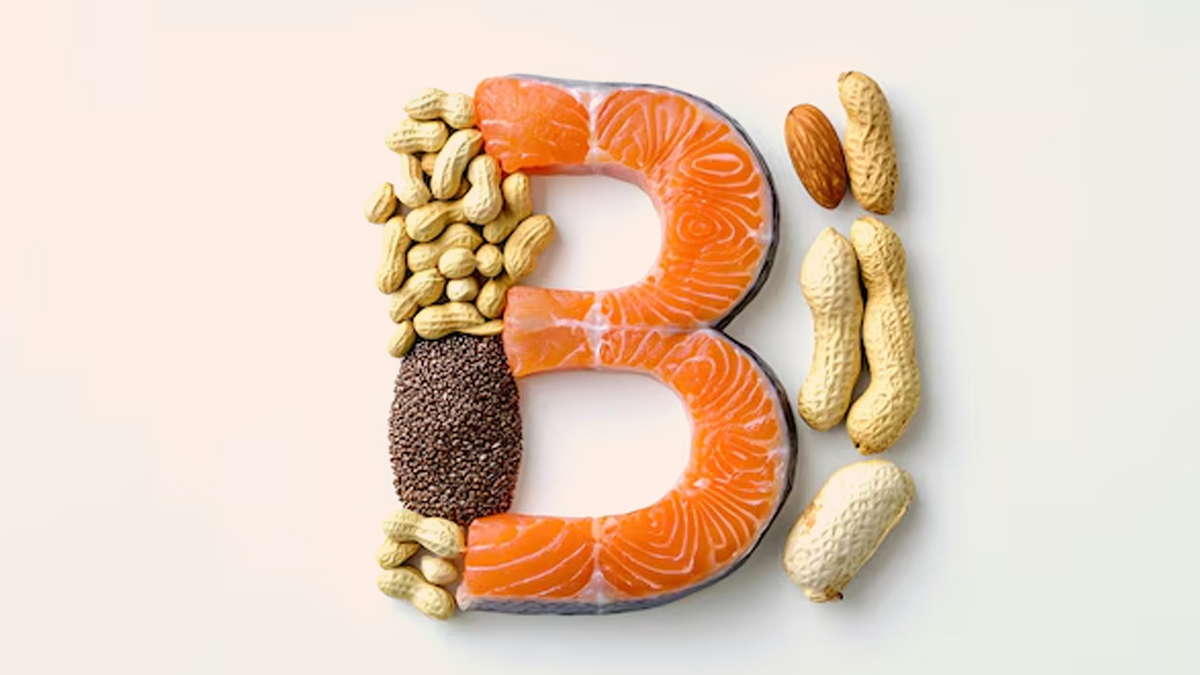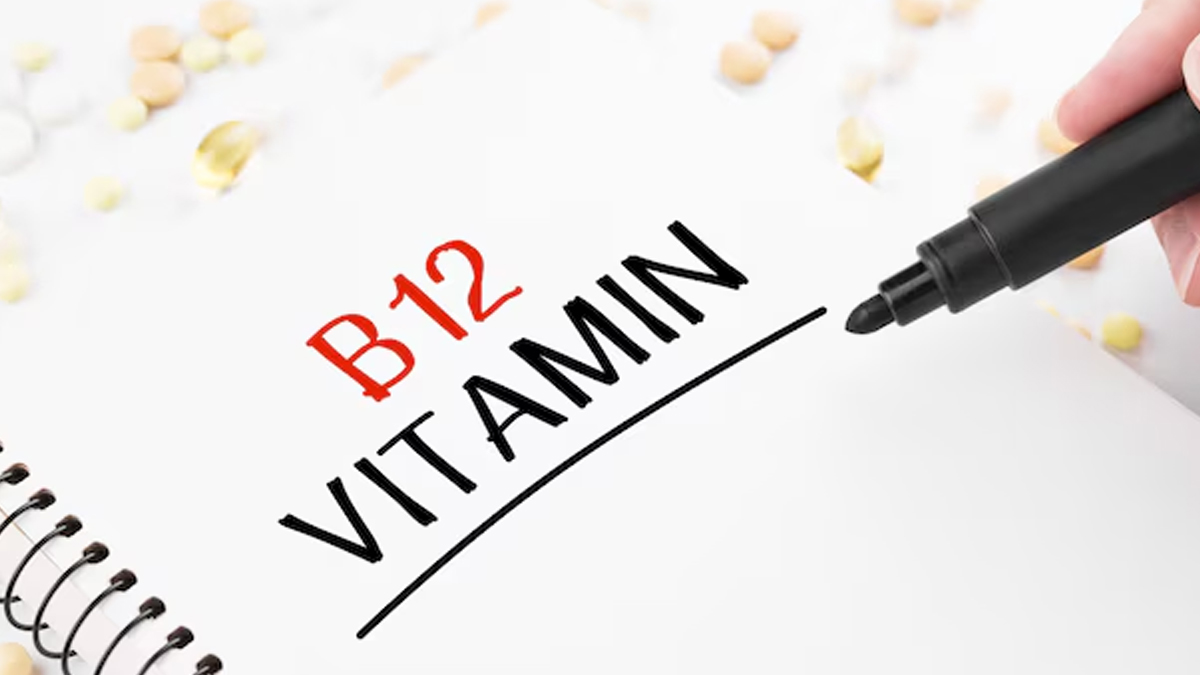
Vitamin B12 is an essential nutrient that helps build Red Blood Cells (RBCs) and DNA, and is also important for brain and nervous system function. A deficiency in the vital nutrient can lead to symptoms such as fatigue, weakness, mood changes, and even neurological complications. While anyone can suffer from the condition, research has indicated that men may be more prone to vitamin B12 deficiency than women.
Table of Content:-
While it is well established that lifestyle, dietary habits, and gut health impact B12 absorption, we consulted a specialist to know if gender too could influence an individual's chances of developing a deficiency.
Also Read: Vegetarian Superfoods To Boost Vitamin B12 Naturally
Causes Of Vitamin B12 Deficiency

In an interaction with the OnlyMyHealth team, Dr A. P. Singh, Senior Consultant Internal Medicine, Yashoda Super Speciality Hospitals, Kaushambi, says, "There can be two main reasons for vitamin B12 deficiency. Either we are not consuming an adequate amount of it, or even if we are consuming enough, our body is not able to absorb it properly."
"The deficiency due to insufficient intake is commonly seen in vegetarians and especially in vegans because the primary sources of vitamin B12 are non-vegetarian foods. The second reason is poor absorption of vitamin B12, even when intake is sufficient. This can happen due to stomach-related issues such as atrophic gastritis. Also, taking antacids for a long period can interfere with B12 absorption and lead to deficiency," the doctor added.
In addition, the use of a diabetes medication called metformin can also make people vitamin B12 deficient.
As per the Office of Dietary Supplements (ODS) of the National Institutes of Health (NIH), the daily requirement of vitamin B12 for healthy adults is 2.4 micrograms (mcg). This increases slightly during pregnancy to 2.6 mcg and again to 2.8 mcg during lactation to nourish the baby. Children require less, from 0.4 mcg for infants to 1.8 mcg for early adolescents.
Are Men More Prone To Vitamin B12 Deficiency Than Women?

According to Dr Singh, there is no major difference between males and females when it comes to metabolism. However, the requirement of vitamin B12 increases slightly in pregnant women and lactating mothers, so their intake needs to be adjusted accordingly.
A 2018 study of nearly 8,000 healthy adults found that men are more likely to have vitamin B12 deficiency than women, with 25.5% of men affected compared to 18.9% of women. Even after adjusting for factors like age, weight, and diet, men remained at higher risk, suggesting genetic factors may play a role.
Symptoms Of Vitamin B12 Deficiency
The most common symptoms we observe in patients include:
- Fatigue and muscle pain
- Neurological issues, such as tingling or numbness in hands and feet
- Memory loss
- Mouth ulcers, especially a red or inflamed tongue
- Irritability, depression, and mood instability
Also Read: Study Claims Most Indians Lack Vitamin B12: Expert Shares The Easiest Ways To Boost It
How To Maintain Optimum Levels Of Vitamin B12

“Vitamin B12 is generally found in non-vegetarian foods. Good sources include liver, muscle meat, and fish,” says Dr Singh.
He added, “For vegetarians, dairy products and fortified foods can be helpful. However, since the best sources are non-vegetarian, vegetarians are more prone to deficiency and may need to rely on supplements or medicinal forms of B12.”
Conclusion
Vitamin B12 is crucial for overall health, and its deficiency can cause a range of physical and neurological problems. Although anybody can be affected, studies indicate men may be more vulnerable than women, perhaps because of genetic rather than dietary or hormonal factors. Keeping adequate levels through a balanced diet, routine health check-ups, and supplements when necessary—particularly for vegetarians and those taking certain medications—is most important in preventing complications.
Also watch this video
How we keep this article up to date:
We work with experts and keep a close eye on the latest in health and wellness. Whenever there is a new research or helpful information, we update our articles with accurate and useful advice.
Current Version